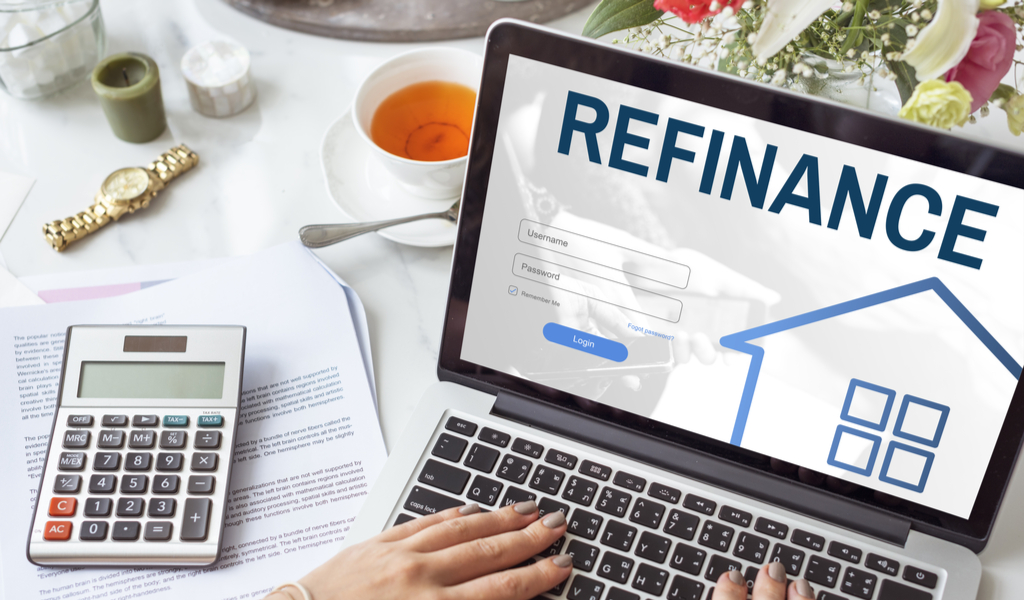Mortgage rates aren’t at the lowest rates they’ve ever been, but they’re certainly still close to historic lows. If you’re thinking about refinancing your mortgage, you could possibly save significant amounts of money over the years. Especially in the first years of owning your home, a large percentage of your monthly mortgage payment actually goes toward paying interest rather than the principal.
Why refinance?
Refinancing your mortgage is usually done for one of the following reasons:
- To lower your interest rate
This is one of the most common reasons. If you first obtained your mortgage when interest rates were higher, refinancing enable you to save money each month. You may also qualify for a lower interest rate if your credit rating has improved since you first qualified for your home loan. - To change the length of your mortgage
When you refinance your mortgage, you’re really obtaining a new one. You can choose to lengthen or shorten your term – whichever you’d prefer. Generally, shorter mortgage terms have lower interest rates. - To obtain a different type of mortgage
If you have an ARM (Adjustable Rate Mortgage), your interest rate can fluctuate. You may want to refinance so you can have a fixed-rate mortgage.

What should you consider?
To make sure you’ll actually save money by refinancing, it’s important to look at the whole picture to know if it’s the right decision. Just because interest rates may be lower now than your current interest rate doesn’t necessarily mean that you should refinance. Here are some important considerations to keep in mind:
- Fees involved
Your new loan may have a variety of fees with it, including closing costs and an appraisal. Some lenders can fold these fees into the loan so you can pay for them over time rather than up front. You’ll need to weigh any fees you’ll have to pay against any savings you might reap. - How long you’ve lived in your home
If you’ve lived in your home for a long time, most of your monthly mortgage payment is probably going toward the principal rather than the interest. If you refinance and get a new loan, you’ll be in the opposite situation – most of your monthly payment will be paying interest. - When you plan to move
- If you don’t plan to stay in your home for long, you may not have time to recoup enough savings to offset the costs of refinancing.

Why you want to refinance
Refinancing purely to save money is perhaps the simplest decision. But if you want money to, for example, pay off debt, your decision can be more complicated. It may help your financial situation in the short term, but will it help in the long run?
How much money you might save
Refinancing calculators can help you figure out if refinancing is right in your particular situation. HYPERLINK “https://zwicke.nber.org/refinance/index.py” Some calculators will estimate the rate you’ll need to get to warrant refinancing, while HYPERLINK “https://www.zillow.com/mortgage-calculator/refinance-calculator/” others will help you determine how much you’ll save each month. These calculators will provide estimates, not guarantees.
Refinancing your mortgage can often save you money, but it’s important to understand your particular circumstances and the details of your new loan thoroughly.



